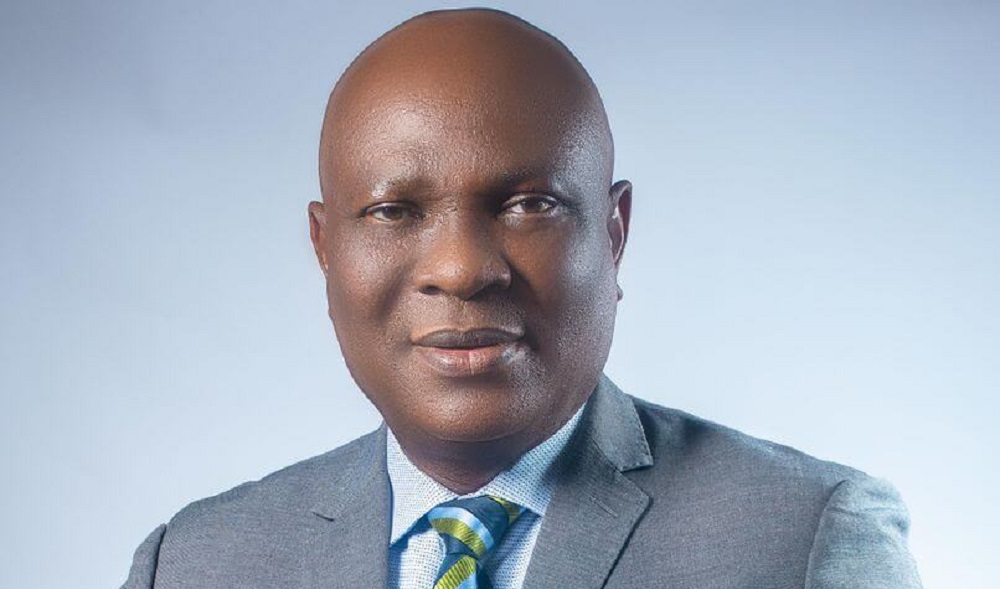JAMB: A Revenue Machine Masquerading As Exam Board

In Nigeria’s education arena, the Joint Admissions and Matriculation Board (JAMB) is stealing the limelight, but not for reasons that spark pride. The recently concluded 2025 Unified Tertiary Matriculation Examination (UTME) has left a sour aftertaste for many, stirring frustration instead of celebration. The astounding revenue figures has been stealing the spotlight from the core mandate of JAMB: ensuring credible pathways to tertiary education. As the dust settles on the 2025 exams, one thing is clear, JAMB is less an academic gatekeeper and more a bureaucratic cash cow, fleecing students while failing to deliver on its promise of fairness and opportunity. Permit me to unpack this travesty, with a pinch of native wisdom and a jab or two at the absurdity of it all.
Let’s start with the numbers that JAMB loves to flaunt. In recent years, the board has remitted billions to the federal purse: ₦8.5 billion in 2018, ₦7 billion in 2020, and a steady stream of naira since Prof. Ishaq Oloyede took the helm in 2016. With 1.955 million candidates paying ₦7,200 – ₦8,200 each for the 2025 UTME, JAMB likely raked in ₦14–20 billion this year alone. Not bad for an agency that’s not supposed to be a revenue-generating outfit. As my grandmother would say, “When the yam seller brags about profit but the stew is tasteless, something’s amiss.” JAMB’s obsession with financial flexing overshadows the grim reality: 75% of candidates over 1.5 million young Nigerians scored below 200 out of 400. If this were a village wrestling match, JAMB would be the referee cheering for its own purse while the contenders collapse.
The board’s partnership with Computer-Based Test (CBT) centres is another sore point. These centres, often glorified internet cafés with dodgy systems, charge fees that pad JAMB’s coffers while delivering subpar services. Stories abound of candidates battling frozen screens or power outages mid-exam, yet JAMB’s response is as silent as a politician’s conscience during election season. One might wonder if these centres are less about testing aptitude and more about testing parental wallets. The irony is rich: a system meant to level the playing field has become a hurdle race where only the well-heeled can compete.
Then there’s the curious case of underage candidates. JAMB allowed 40,247 students under 16 to write the 2025 UTME, only to withhold 39,834 results, many for failing to score an elusive 320 points, a threshold only 1.16% of these youngsters met. This is akin to inviting a toddler to a palm-wine drinking contest, then punishing him for spilling the cup. Why permit these candidates to register, collect their fees, and then slam the door shut? It suggests either policy confusion or a cynical ploy to boost revenue, neither of which inspires confidence. As the Yoruba proverb goes, “You don’t invite a goat to a feast and then complain it ate the yams.”
Security concerns add insult to injury. In a nation where kidnappings and banditry are as common as potholes, JAMB’s insistence on 6:30 am exam start times is reckless. Some candidates, travelling over 30km from home, faced accidents or worse to reach venues. One shudders to imagine a 15-year-old navigating dark, bandit-prone roads at 5 AM, all to sit for an exam that might deem them “unexceptional.” JAMB’s scheduling appears to prioritize administrative convenience over human lives, a choice as tone-deaf as a village drummer at a funeral.
Transparency, or the lack thereof, is another thorn in JAMB’s side. Candidates receive only a total score, with no breakdown of questions answered correctly or incorrectly. JAMB’s opacity fuels distrust, leaving students and parents wondering if their fate was sealed by a glitch, a grader’s whim, or sheer bad luck. If JAMB were a trader, it would be the sort who hides the scale while swearing the fish is fresh.
Perhaps the most galling aspect is Nigeria’s labyrinthine admission process. Candidates must conquer WAEC or NECO, JAMB’s UTME, and often a Post-UTME, three separate gauntlets that drain wallets and spirits. In Kenya, a single KCSE suffices, with the Kenya Universities and Colleges Central Placement Service (KUCCPS) handling placements transparently. South Africa’s NSC, occasionally paired with targeted National Benchmark Tests, streamlines the path to university. Even Ghana, with its WASSCE, spares students a JAMB-like middleman. Nigeria’s system, by contrast, feels like a bureaucratic shakedown, each exam a tollgate on the road to education. In what “developed” country nay, what sane country must students leap such hurdles while 183 million children languish out of school?
JAMB’s defenders might argue that its CBT system curbs malpractice, and Oloyede’s reforms have plugged financial leakages. Fair enough. But when 1.5 million candidates fail to score half the maximum mark, the issue isn’t just cheating, it’s a rotting education system that JAMB props up rather than challenges. Seychelles, Africa’s education poster child, boasts near-100% literacy with free schooling and no centralized entrance exam. Kenya’s KUCCPS ensures equitable placements without redundant screenings. Nigeria, meanwhile, clings to a model that excludes the poor, frustrates the young, and celebrates revenue over results.
So, what’s to be done? JAMB could redirect its billions to subsidize fees, upgrade CBT centres, and fund digital literacy, much like Seychelles invests in access. Merging JAMB and Post-UTME into a WAEC-linked process, as Kenya does, would ease the burden. Later exam times and more rural centres could prioritize safety. And for transparency’s sake, JAMB should share performance breakdowns, lest it remain a black box in a nation craving light. As the Igbo saying goes, “A child who washes his hands clean eats with elders.” JAMB must clean its act to earn Nigeria’s trust.
The 2025 UTME is no mere exam; it’s a mirror reflecting Nigeria’s educational decay. JAMB, draped in the garb of reform, has become a toll collector on the highway to opportunity. Until it shifts focus from revenue to results, from bureaucracy to fairness, it will remain what many now call it: a sham dressed in academic robes. The youth deserve better. Nigeria deserves better. And as my grandmother would add, “If the soup is bad, don’t praise the cook, change the recipe.”
— Mr. Ozogwu is an Abuja based public affairs commentator. He is the CEO of Derasoft Consulting, a tech firm that specializes in enterprise systems.
Disclaimer: This article is entirely the opinion of the writer and does not represent the views of The Whistler.
JAMB: A Revenue Machine Masquerading As Exam Board is first published on The Whistler Newspaper


